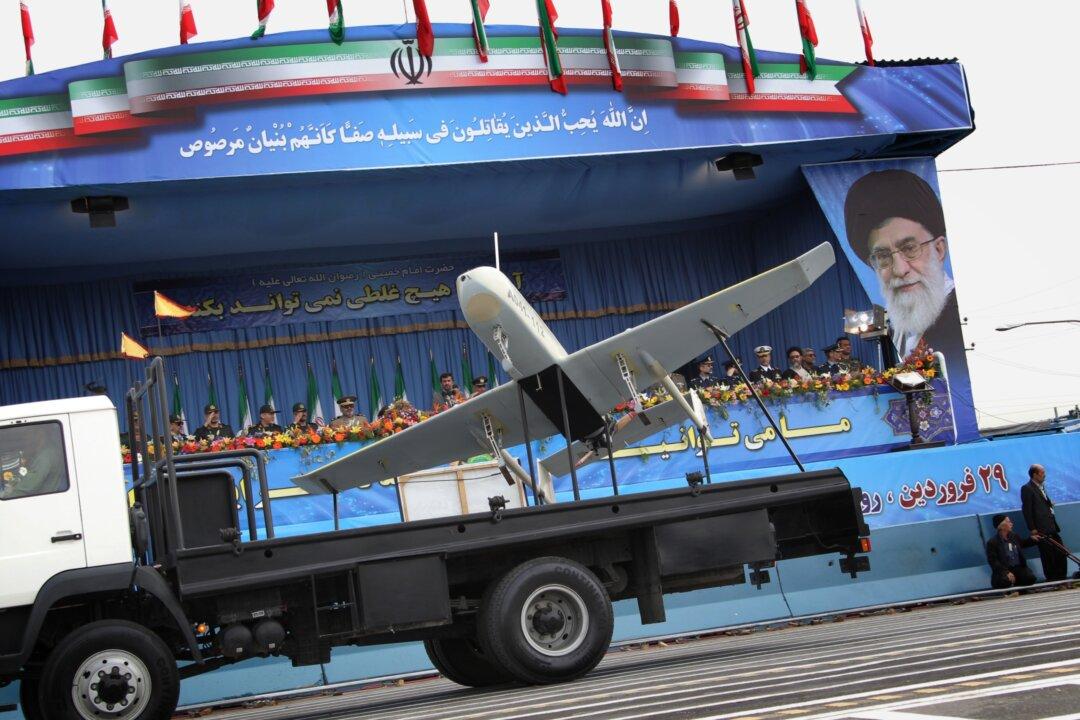Commentary
The United States just released $6 billion to Iran, apparently in exchange for seven hostages. That’s an outrageous violation of the principle—do not negotiate with terrorists.

The United States just released $6 billion to Iran, apparently in exchange for seven hostages. That’s an outrageous violation of the principle—do not negotiate with terrorists.